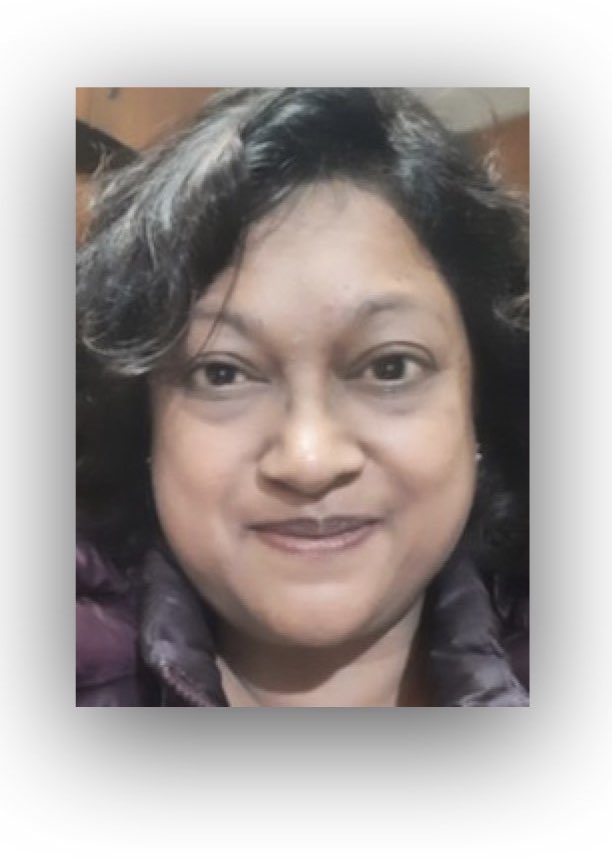
“We have to write our own stories, about our issues, from our own perspectives.” – Abhay Xaxa, a “Fiercely Unapologetic Adivasi Scholar-Activist” | Read more >>
A young man loves a young woman of his own tribe but a different religion. They speak Kurukh but it seems a global audience in Kerala has understood them well, proving that the language of good cinema is universal.
Edpa Kana (Going Home) is the first Kurukh language film to win a special jury mention at the 8th International Documentary and Short Film Festival of Kerala 2015, held between June 26 and 30 in Thiruvananthapuram.
Directed by Ranchi boy Niranjan Kujur, the 26-minute film on inter-religious tribal love story with dialogues in Kurukh, Sadri and a bit of Hindi was screened in the festival’s competitive section on the last day. […]
“The film gracefully navigates between the world of orthodox tribal society and the modern one portraying choices that today’s generation makes, that sometimes come in conflict with tradition,” said the citation that Kujur received at the award ceremony on Tuesday evening.
Kujur, in his early 20s and waiting to pick up his diploma from Calcutta’s Satyajit Ray Film and Television Institute (SRFTI), said he was “pretty amazed at the reaction”.
“It was humbling to see film festival viewers and jury taking interest in a film that focuses around the lives of youngsters and their family members from the Oraon tribe speaking the same Kurukh language but practising Sarna and Christian faiths. I’m glad my Kurukh film crossed over to reach a very, very different audience,” Kujur said over the phone.
The Telegraph had spotted Kujur’s talent (Here’s to breaking brave new ground on camera, May 28) for his realistic cinematic language.
His protagonist Ashok Bhagat, the Oraon boy who practises Sarna and loves a Christian Oraon girl is someone many tribal youths would identify with. Kujur himself practices Sarna.
But, making a film on differences between Christian and non-Christian people of the same tribe, sensitively acknowledging social prejudices and telling a story on celluloid at the same time couldn’t have been easy.
“We keep hearing this all around us,” Kujur told The Telegraph . “So yes, I made a film on something that a lot of people my age identify with.”[…]
The tribes and castes in India are communities apart. Those who belong to castes belong to no tribes, and those who belong to tribes are outside the caste pyramid. What brings them together is probably their love for songs.
Ganesh Devy in What unites Indians is a love for songs >>
Publications >>
Source: Kurukh film makes waves in Kerala festival” by ACHINTYA GANGULY, The Telegraph, Calcutta, 2 July 2015
Address: http://www.telegraphindia.com/1150702/jsp/jharkhand/story_28957.jsp#.VczK07eMgdv
Date Visited: Thu Aug 13 2015 18:52:52 GMT+0200 (CEST)

“[A] common perception of conversion, prevalent in India, is that all conversions take place only among deprived lower caste or tribal groups, which are considered more susceptible to allurement or coercion. The reality of upper caste conversions is ignored in this climate of cynicism.”– Dr. Ivy Imogene Hansdak in Pandita Ramabai Saraswati: the convert as ‘heretic’
Tip: find more resources by typing “Oraon custom”, “tribal worship”, “sarna tradition”, “Adivasi religion” or similar search terms into the search windows seen below
Up-to-date reports by Indian journalists and commentators
List of Indian magazines and web portals covered by the present Custom search engine
To search Indian periodicals, magazines, web portals and other sources safely, click here. To find an Indian PhD thesis on a particular tribal community, region and related issues, click here >>
Search tips
Combine the name of any particular state, language or region with that of any tribal (Adivasi) community.
Add keywords of special interest (health, nutrition endangered language, illegal mining, sacred grove); learn about the rights of Scheduled Tribes such as the “Forest Rights Act” (FRA); and the United Nations “Declaration on the Rights of Indigenous Peoples”, “Universal Declaration of Human Rights”, “women’s rights”, or “children’s right to education”.
Specify any other issue or news item you want to learn more about (biodiversity, bonded labour and human trafficking, climate change, ecology, economic development, ethnobotany, ethnomedicine, global warming, Himalayan tribe, hunter-gatherers in a particular region or state, prevention of rural poverty, water access).
For official figures include “scheduled tribe ST” along with a union state or region: e.g. “Chhattisgarh ST community”, “Scheduled tribe Tamil Nadu census”, “ST Kerala census”, “Particularly Vulnerable Tribal Group Jharkhand”, “PVTG Rajasthan”, “Adivasi ST Kerala”, “Adibasi ST West Bengal” etc.
In case the Google Custom Search window is not displayed here try the following: (1) toggle between “Reader” and regular viewing; (2) in your browser’s Security settings select “Enable JavaScript” | More tips >>